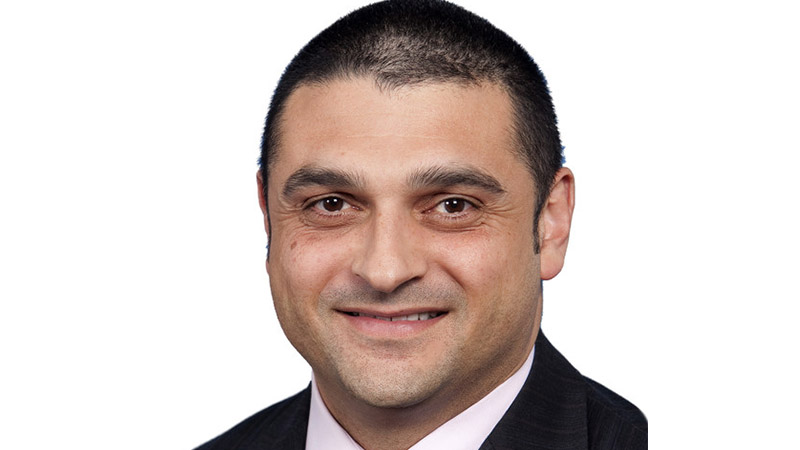COVID presenting ‘unique challenges’ for SMSF audits this year
With the COVID-19 pandemic creating some new challenges for SMSF audits this year, SMSF services provider SuperConcepts has outlined some of the critical items to check off this year.
In an online article, SuperConcepts executive manager, SMSF technical support, Nicholas Ali said while audits may seem like a necessary evil, it’s an opportunity for clients to get an overview of the status of their SMSF.
While there are some important points that should be considered every year for SMSF audits, there are also some “unique challenges that COVID-19 brings”, Mr Ali explained in an online article.
Firstly, it is important to check that the trust deed is properly executed, he stated.
“Make sure the trusteeship and membership align. When a company is trustee, all members must be directors — the principal exception being single-member funds. With individual trustees, all must be members of the fund,” he said.
“As a rule, if there has been a change of member or trustee circumstances throughout the year, this is impetus to review the fund’s trust deed.”
It is also important to review the fund’s investment strategy to ensure that it is still fit for purpose, given the recent and potentially continuing market volatility, he added.
“Don’t just look at the fund’s strategic asset allocation. Consider the fund’s ability to take short-term positions away from the benchmark,” he said.
Funds will also need to check whether their fund is subject to the disregarded small fund assets rule.
“The rules changed in the 2017–18 financial year. In short, your fund will not require an actuarial certificate if it has been 100 per cent in pension mode for the entire financial year [and] the fund is not subject to the disregarded small fund assets rule,” he explained.
SMSF professionals should also ensure that assets are registered in the correct name.
Mr Ali said he often receives questions about what happens where a term deposit was commenced when the fund had individual trustees and has later changed to a corporate trustee.
“In these situations, a Declaration of Trust may need to be signed by the trustee to satisfy the auditor, stating the term deposit is not registered in the name of the trustee,” he noted.
He also stressed the importance of ensuring assets are recorded at market value.
“It’s up to the trustees to provide the valuation. Market valuations are important for several reasons, including determining pension payments for the year, determining the level of in-house assets, payment of lump sums and other scenarios such as estate planning and retirement decisions,” he stated.
For SMSFs with limited recourse borrowing arrangements, Mr Ali said the impacts of COVID-19 on rental incomes, contributions by members or other fund income may affect the SMSF’s ability to make loan repayments.
“If a commercial lender has provided loan deferral, it is important this is documented to ensure the auditor understands why loan repayments are not being made,” he explained.
“Where the lender is a related party, if loan deferrals are to be provided to the fund, such arrangements must mirror commercial practices and be undertaken on an arm’s-length basis.”
It is also important to ensure this information and the actual amendment to loan terms is documented, he said, and the documentation retained for audit and other purposes.
Mr Ali also pointed out that in-house assets cannot be more than 5 per cent of the fund’s total assets and are measured on 30 June each year.
“Ordinarily, the trustees would need to put in place a rectification plan to bring the in-house asset back to within the 5 per cent limit by 30 June 2021,” he noted.
“COVID-19 may mean funds with in-house assets breach the limit, so the ATO has stated they may not take any compliance action if the rectification plan is not executed by 30 June 2021. The plan would still need to be in place, however, and this is something the auditor is going to want to see.
“SMSF professionals should also check that documentation relating to a benefit payment is in place.”

Miranda Brownlee
Miranda Brownlee is the deputy editor of SMSF Adviser, which is the leading source of news, strategy and educational content for professionals working in the SMSF sector.
Since joining the team in 2014, Miranda has been responsible for breaking some of the biggest superannuation stories in Australia, and has reported extensively on technical strategy and legislative updates.
Miranda also has broad business and financial services reporting experience, having written for titles including Investor Daily, ifa and Accountants Daily.








